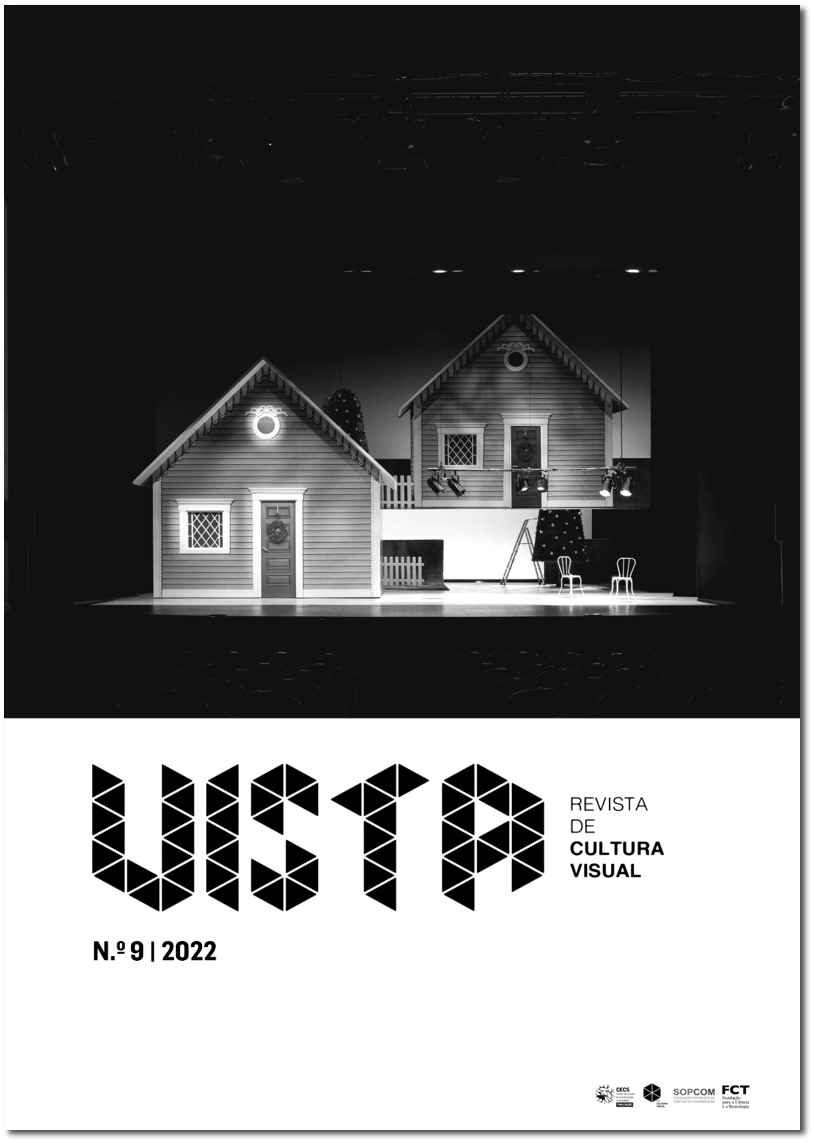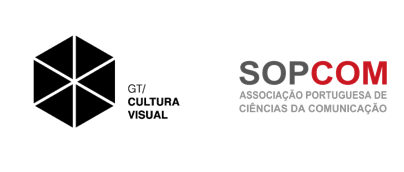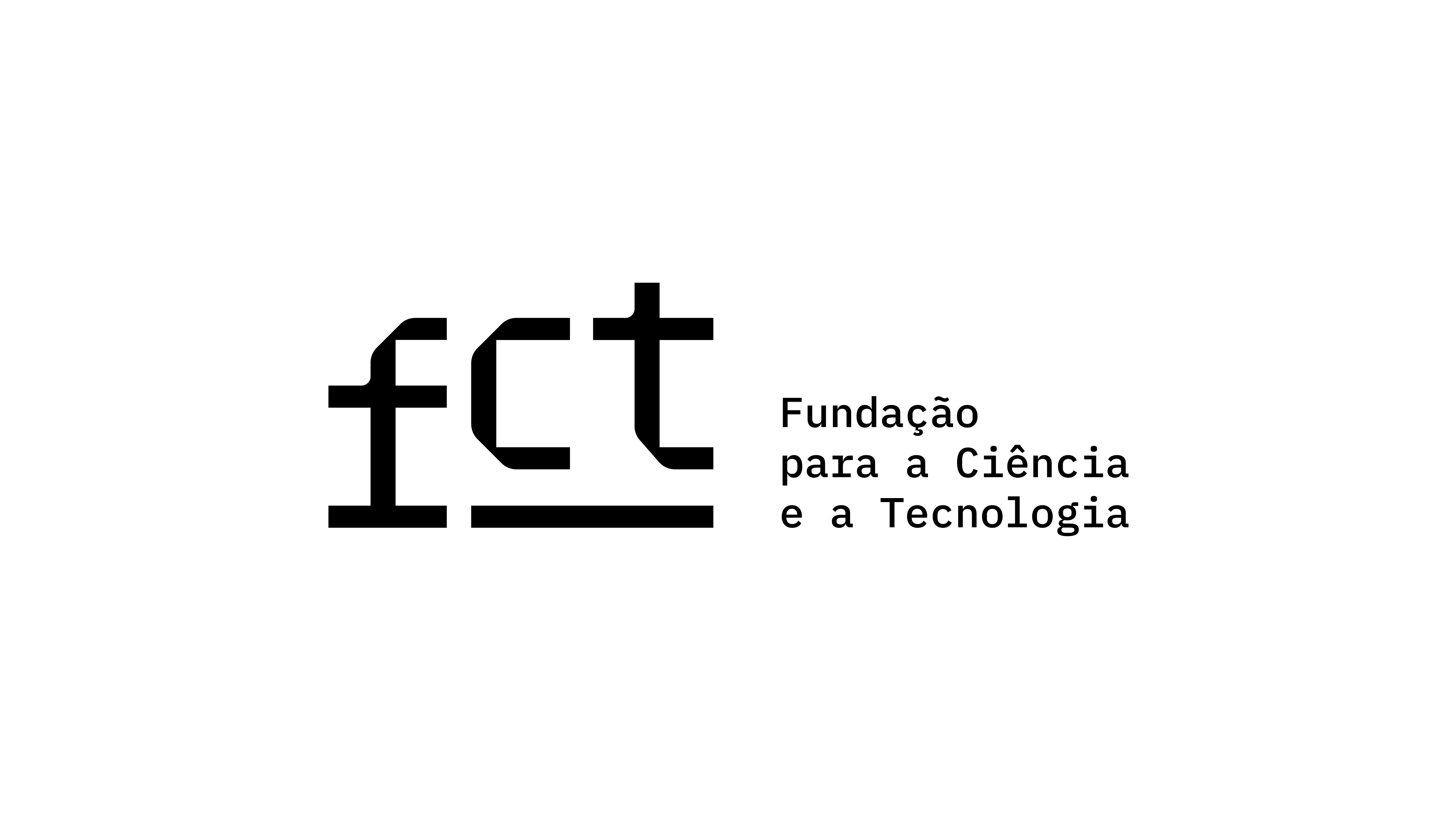From the "Collage Effect" to Strategic Communication in the Context of New Technologies: An Analysis of the Virtual Museum of Lusophony on Instagram
DOI:
https://doi.org/10.21814/vista.4024Keywords:
strategic communication, new communication technologies, social media, Virtual Museum of Lusophony, InstagramAbstract
New communication technologies have brought significant corporate organisation and communication changes. In this study, we present some of these transformations, particularly focusing on: the need for organisations to (re)establish symbolic connections within an environment with no physical presence and a reduced ability to create, exchange and maintain the organisational culture and identity. Thus, companies increasingly invest in new practices in social media to stand out in an environment loaded with images and noise where everything seems ephemeral and disjointed. Against the background of a fragmented society, we draw an analysis of the strategic communication of the Virtual Museum of Lusophony during its launch on Instagram. The research demonstrates the cultural organisation joined the social media essentially because it understood it was essential to achieve its purposes and, for coherence and consistency with the strategic communication, anchored by: (a) actions to create a visual pattern that consolidates the organisational identity; (b) a clear editorial line to publish images adding value to aspects of the organisation; and (c) practices implemented using the platform's interactive resources, towards an immediate increase in the engagement with the museum's audience and potential audience.
Downloads
References
Andrade, J. G. (2016). Relações públicas e mídia sociais: Os desafios da gestão com os públicos. In M. Túñez López & C. Costa-Sánchez (Eds.), Interação organizacional na sociedade em rede: Os novos caminhos da comunicação na gestão das relações com os públicos (pp. 121–136). Sociedad Latina de Comunicación Social. https://doi.org/10.4185/cac102 DOI: https://doi.org/10.4185/cac102
Argenti, P. A. (2006). How technology has influenced the field of corporate communication. Journal of Business and Technical Communication, 20(3), 357–370. https://doi.org/10.1177%2F1050651906287260 DOI: https://doi.org/10.1177/1050651906287260
Argenti, P. A., & Barnes, C. M. (2009). Digital strategies for powerful corporate communications. The McGraw-Hill Companies.
Argenti, P. A., Howell, R. A., & Beck, K. A. (2005). The strategic communication imperative. MIT Sloan Management Review, 46(3), 61–67. https://sloanreview.mit.edu/article/the-strategic-communication-imperative/
Apocalypse, F. (2021). Por uma nova comunicação interna: Impactos tecnológicos e novas funções. In C. Terra, B. Dreyer & J. Raposo, J. (Eds.), Comunicação organizacional: Práticas, desafios e perspectivas digitais. Editora Summus.
Appel, G., Grewal, L., Hadi, R., & Stephen, A. T. (2020). The future of social media in marketing. Journal of the Academy of Marketing Science, 48(1), 79–95. https://doi.org/10.1007/s11747-019-00695-1 DOI: https://doi.org/10.1007/s11747-019-00695-1
Aten, K., & Thomas, G. F. (2016). Crowdsourcing strategizing: Communication technology affordances and the communicative constitution of organizational strategy. International Journal of Business Communication, 53(2), 148–180. https://doi.org/10.1177%2F2329488415627269 DOI: https://doi.org/10.1177/2329488415627269
Barichello, E., & Machado, J. (2015). Relações públicas em novas mídias: O papel do monitoramento digital na comunicação das organizações. In G. Gonçalves & F. L. Filho (Eds.), Novos media e novos públicos (pp. 66–82). Livros LabCom.
Boyd, D. M., & Ellison, N. B. (2007). Social network sites: Definition, history, and scholarship. Journal of Computer-Mediated Communication, 13(1), 210–230. https://doi.org/10.1111/j.1083-6101.2007.00393.x DOI: https://doi.org/10.1111/j.1083-6101.2007.00393.x
Castells, M. (2002). A era da informação: Economia, sociedade e cultura I. A sociedade em rede (A. Lemos, Trad.). Fundação Calouste Gulbenkian. (Trabalho original publicado em 1996)
Castells, M. (2007). A galáxia da internet: Reflexões sobre internet, negócios e sociedade (R. Espanha, Trad.). Fundação Calouste Gulbenkian. (Trabalho original publicado em 2001)
Cheney, G., Christensen, L. T., Zorn, T., Jr., & Ganesh, S. (2011). Organizational communication in an age of globalization: Issues, reflections, practices. Waveland Press.
Coutinho, C. (2011). Metodologia de investigação em ciências sociais e humanas: Teoria e prática. Edições Almedina.
Davids, Z., & Brown, I. (2021). The collective storytelling organisational framework for social media use. Telematics and Informatics, 62, Artigo 101636. https://doi.org/10.1016/j.tele.2021.101636 DOI: https://doi.org/10.1016/j.tele.2021.101636
Dinamize. (2020, 27 de novembro). 9 recursos do Instagram que podem melhorar a experiência do cliente. Blog Dinamize. https://www.dinamize.com.br/blog/recursos-do-instagram/
Eisenberg, E., Goodall, H. L., Jr., Trethwey, A. (2010). Organizational communication: Balancing creativity and constraint. Bedford/St. Martins.
Enke, N., & Borchers, N. S. (2019). Social media influencers in strategic communication: A conceptual framework for strategic social media influencer communication. International Journal of Strategic Communication, 13(4), 261–277. https://doi.org/10.1080/1553118X.2019.1620234 DOI: https://doi.org/10.1080/1553118X.2019.1620234
Falkheimer, J., & Heide, M. (2018). Strategic communication: An introduction. Routledge. DOI: https://doi.org/10.4324/9781315621555
Giddens, A. (1997). Modernidade e identidade pessoal (3.ª ed.; M. V. de Almeida, Trad.). Celta Editora. (Trabalho original publicado em 1991)
Hallahan, K., Holtzhausen, D., van Ruler, B., Verčič, D., & Sriramesh, K. (2007). Defining strategic communication. International Journal of Strategic Communication, 1(1), 3–35. https://doi.org/10.1080/15531180701285244 DOI: https://doi.org/10.1080/15531180701285244
Harris, T., & Nelson, M. (2007). Applied organizational communication: Theory and practice in a global environment (3.ª ed.). Taylor & Francis Group.
Kaplan, A. M., & Haenlein, M. (2010). Users of the world, unite! The challenges and opportunities of social media. Business Horizons, 53(1), 59–68. https://doi.org/10.1016/j.bushor.2009.09.003 DOI: https://doi.org/10.1016/j.bushor.2009.09.003
Kim, B., Hong, S., & Lee, H. (2021). Brand communities on Instagram: Exploring fortune 500 companies’ Instagram communication practices. International Journal of Strategic Communication, 15(3), 177–192. https://doi.org/10.1080/1553118X.2020.1867556 DOI: https://doi.org/10.1080/1553118X.2020.1867556
Kotler, P., Hermawan, K., & Setiawan, I. (2017). Marketing 4.0: Mudança do tradicional para o digital (P. E. Duarte, Trad.). Conjuntura Actual Editora; Edições Almedina. (Trabalho original publicado em 2016)
Martins, M. (2011). Crise no castelo da cultura: Das estrelas para os ecrãs (1.ª ed.). Grácio Editor.
Martins, M. L. (2017). Comunicação da ciência, acesso aberto do conhecimento e repositórios digitais. O futuro das comunidades lusófonas e ibero-americanas de ciências sociais e humanas. In M. L. Martins (Ed.), A internacionalização das comunidades lusófonas e ibero-americanas de ciências sociais e humanas – O caso das ciências da comunicação (pp. 19–59). Húmus https://hdl.handle.net/1822/51039
Martins, M. L. (2018). Portuguese-speaking countries and the challenge of a technological circumnavigation. Comunicação e Sociedade, 34, 87–101. https://doi.org/10.17231/comsoc.34(2018).2937 DOI: https://doi.org/10.17231/comsoc.34(2018).2938
Mesquita, K., Ruão, T., & Andrade, J. G. (2020). Transformações da comunicação organizacional: Novas práticas e desafios nas mídias sociais. In Z. Pinto-Coelho, T. Ruão, & S. Marinho (Eds.), Dinâmicas comunicativas e transformações sociais. Atas das VII Jornadas Doutorais em Comunicação & Estudos Culturais (pp. 281–303). CECS. https://hdl.handle.net/1822/68404
Miller, K. (2015). Organizational communication: Approaches and process. Cengage Learning.
Morin, E. (2002). O método 5: A humanidade da humanidade. Sulina.
Musonera, E. (2018). Instagram: A photo sharing application. Journal of the International Academy for Case Studies, 24(4), 1–9. https://www.abacademies.org/articles/instagram-a-photo-sharing-application-7773.html
Museu Virtual da Lusofonia. (s.d.). Apresentação. https://www.museuvirtualdalusofonia.com/o-museu/apresentacao/
O’Kane, P., Hargie, O., & Tourish, D. (2004). Communication without frontiers: The impact of technology upon organizations. In O. Hargie & D. Tourish (Eds.), Key issues in organizational communication (pp. 172–187). Routledge.
Oliveira, T., & Ruão, T. (2022). Média sociais do Museu Virtual da Lusofonia (Versão V2) [Data Set]. Repositório de Dados da Universidade do Minho. https://doi.org/10.34622/datarepositorium/H0RCIC
OmnicoreAgency. (2022, 22 de fevereiro). Instagram by the numbers: Stats, demographics & fun facts. https://www.omnicoreagency.com/instagram-statistics/
Pardes, A. (2017, 27 de setembro). Selfie factories: The rise of the made-for-Instagram museum. Wired. https://www.wired.com/story/selfie-factories-instagram-museum/
Rice, R. E., & Leonardi, P. M. (2014). Information and communication technologies in organizations. In L. Putnam & D. K. Mumby (Eds.), The Sage handbook of organizational communication: Advances in theory, research and methods (pp. 425–448). Sage Publications.
Ruão, T. (2020). A comunicação enquanto estratégica. In J. Félix (Ed.), Comunicação estratégica e integrada (pp. 27–39). Rede Integrada Editora.
Ruão, T., Neves, R., & Zilmar, J. (2017). A comunicação organizacional sob a influência tecnológica: Um paradigma que veio para ficar. In T. Ruão, R. Neves, & J. Zilmar (Eds.), A comunicação organizacional e os desafios tecnológicos: Estudos sobre a influência tecnológica nos processos de comunicação nas organizações (pp. 5–12). CECS. https://hdl.handle.net/1822/54053
Sousa, V., Capoano, E., Costa, P. R., & Pimenta, C. (2022). Uma reflexão sobre pós-colonialidade, decolonização e museus virtuais. O caso do Museu Virtual da Lusofonia. Comunicação, Mídia e Consumo, 19(54), 80–105. https://doi.org/10.18568/cmc.v18i54.2528 DOI: https://doi.org/10.18568/cmc.v18i54.2528
Steyn, B. (2003). From strategy to corporate communication strategy: A conceptualisation. Journal of Communication Management, 8(2), 168–183. https://doi.org/10.1108/13632540410807637 DOI: https://doi.org/10.1108/13632540410807637
van Dijck, J. Poell, T., & De Wall, M. (2018). The platform society: Public values in a connective world. Oxford University Press. DOI: https://doi.org/10.1093/oso/9780190889760.001.0001
We Are Social. (2022, 26 de janeiro). Digital 2022: Another year of bumper growth. Our Insights. https://wearesocial.com/uk/blog/2022/01/digital-2022-another-year-of-bumper-growth-2/
Weber, P., & Grauer, Y. (2019). The effectiveness of social media storytelling in strategic innovation communication: Narrative form matters. International Journal of Strategic Communication, 13(2), 152–166. https://doi.org/10.1080/1553118X.2019.1589475 DOI: https://doi.org/10.1080/1553118X.2019.1589475
Zerfass, A., Verčič, D., Nothhaft, H., & Werder, K. P. (2018). Strategic communication: Defining the field and its contribution to research and practice. International Journal of Strategic Communication, 12(4), 487–505. https://doi.org/10.1080/1553118X.2018.1493485 DOI: https://doi.org/10.1080/1553118X.2018.1493485
Downloads
Published
How to Cite
Issue
Section
License
Copyright (c) 2022 Tatiane Oliveira, Teresa Ruão

This work is licensed under a Creative Commons Attribution 4.0 International License.
Authors own the copyright, providing the journal with the right of first publication. The work is licensed under a Creative Commons Attribution 4.0 International License.













